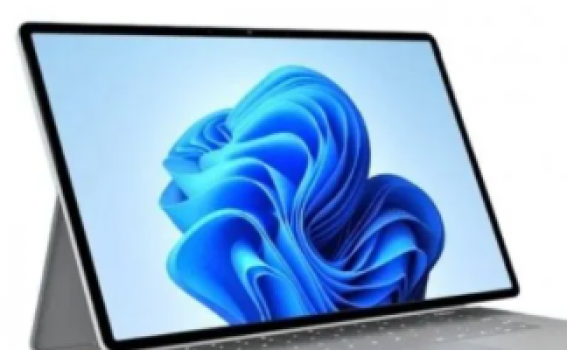

In Geekbench 5, a synthetic benchmark for testing general PC performance, the Surface Pro 8 had the highest multi-core score among all of the 13-inch laptops we tested, though it had the lowest single-core score. In testing with our Core i7-1185G7 review model with 16GB of memory, the Surface Pro 8 generally outperformed other 13-inch computing options. That’s not necessarily a bad thing, though. Apple may have iPads with its proprietary M1 chip now, but the Surface lineup is sticking with Intel. Productivity Performance of Microsoft Surface Pro 8Īside from its move to Windows 11, you won’t find any major changes to the Surface Pro 8’s components except for a generation refresh. You’ll only have access to two Thunderbolt 4 ports, a 3.5mm headphone jack and a proprietary Surface Connect port for either charging or connecting your device to a dock. Unfortunately, as a tablet, the Surface Pro 8 doesn’t have many options when it comes to ports.

The ThinkPad X1 Nano is close to it at 1.99 pounds, but the Dell XPS 13 and HP Spectre x360 14 are much heavier than it at 2.8 pounds and 2.95 pounds respectively.

Of course, those all have built in keyboards.Īt 1.96 pounds, The Surface Pro 8 is also lightweight. Even the ThinkPad X1 Nano, which makes size a top consideration, is still generally larger than it at 11.75 x 8.67 x 0.67 inches. Its 11.3 x 8.2 x 0.37 inch footprint is compact when compared to the 11.6 x 7.8 x 0.6 inch footprint on the Dell XPS 13 laptop and the 11.75 x 8.67 x 0.67 inch footprint on the HP Spectre x360 14 convertible. LTE models of the Surface Pro 8 won’t be available until 2022, and while you can technically get the Surface Pro 8 in black, several configurations are currently only available in silver.Īs a general tablet, the Surface Pro 8 is a fairly small device when compared to 13 inch laptops and convertibles with comparable specs. Unfortunately, there’s also some losses here that haven’t made it over from the Surface Pro 7 yet. Still, it’s a nice bit of internal accessibility for a tablet.


 0 kommentar(er)
0 kommentar(er)
